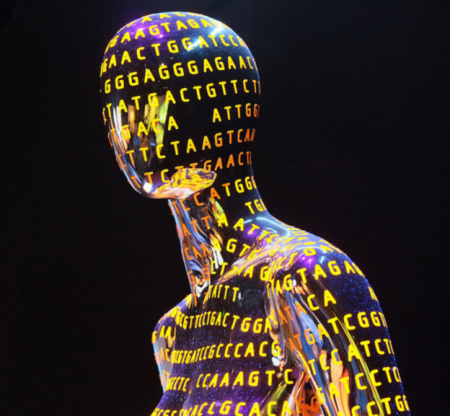June 3, 2016 – It has been more than a decade-and-a-half since scientists mapped the entire human genome back in 2001. Now some have decided it is time to develop the ability to synthesize human DNA from scratch, literally manufacturing our genome. In theory such an undertaking could eventually lead to technology capable of producing human babies without biological parents. But that is not what the scientists have in mind. Their purpose is to fabricate big sections of our human DNA to end the need for transplants by giving humans the ability to regrow organs, and to delete bad strands of DNA that we know are linked to disease. Learning to engineer an entire genome would be technology that could make it possible to engineer other life from plants, to animals to microbes.
Over the last four decades we have learned new ways to modify genetic information. From cross breeding crops to modifying them using tools like CRISPR we are changing our relationship with domesticated crops and animals. Last January I wrote about using CRISPR to correct a defective gene responsible for Duchenne Muscular Dystrophy. But what is being proposed here is far greater than slicing and dicing an individual gene, which begs the question, why do we need to synthesize an entire genome if we can already benefit just from modifying it?
George Church, Professor of Genetics, Harvard Medical School, provides the answer. He states, “editing doesn’t scale very well…when you have to make changes to every gene in the genome it may be more efficient to do it in large chunks.” In a paper appearing yesterday in the journal, Science, entitled “The Genome Project-Write,” Church is one of 25 collaborating authors from Harvard Medical School, New York University’s Langone Medical Center, and other institutions, that describes the merits of the project. They argue that building the human genome is a “logical extension of the genetic engineering tools that have been used safely within the biotech industry for approximately 40 years and have provided important societal benefits.” The authors acknowledge that their proposed project would lead to “intense moral debate” but in the end would reduce the cost of engineering the genome and therefore contribute to a revolution in human health.
They call the project HGP-write and to get it started they are seeking an initial investment of $100 million. Total project costs over a decade are estimated at $3 billion. Ultimately the cost of synthesizing human DNA will drop 1,000-fold just as DNA sequencing today has dropped from costing millions to an affordable $1,000 U.S.
Where else will synthesizing the human genome help us? Here are some expected benefits:
- helping humans resist viruses that today remain problematic.
- suppressing genes that cause cancerous tumors.
- deleting malfunctioning genes associated with cognitive impairment.
- producing new stem cell therapies.
- eliminating parasitic DNA sequences that appears to replicate without purpose and that may in some cases trigger disease.
- identifying the purpose of those sections of our DNA we still call “junk.”










